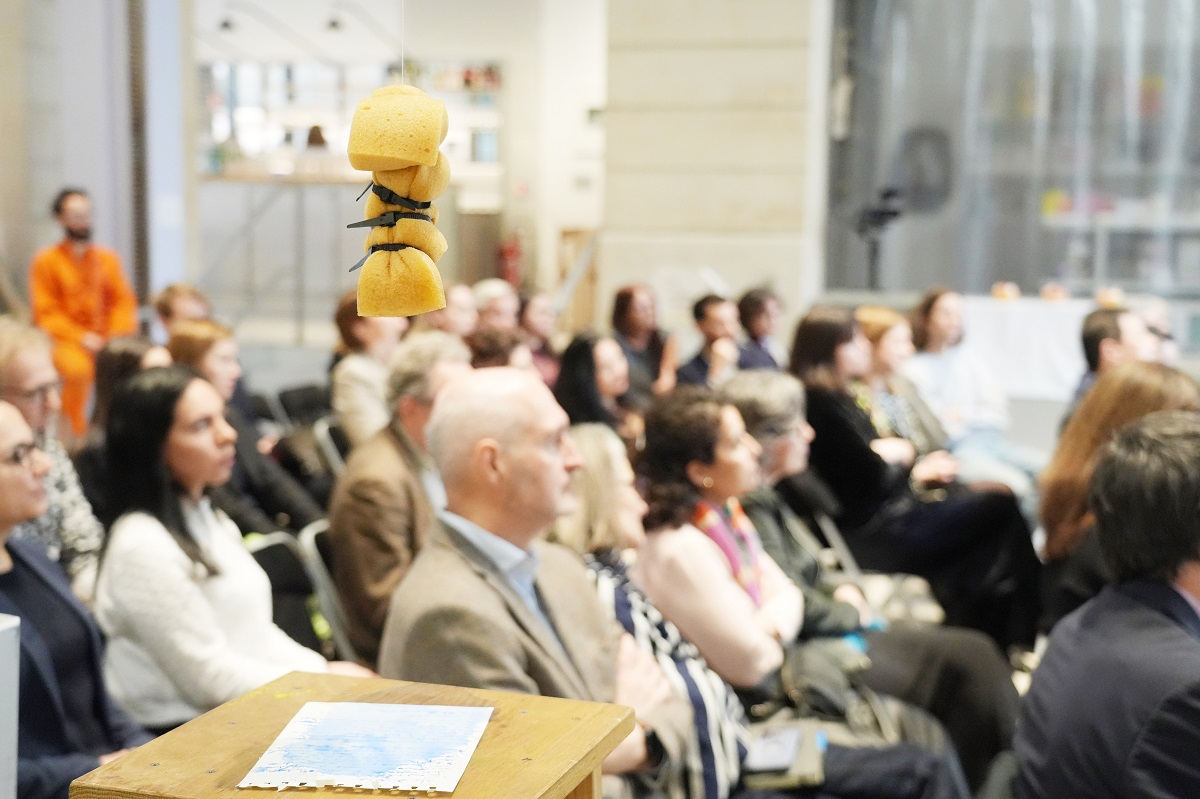University and business collaborations fell by a third in early days of the pandemic, NCUB’s new analysis shows

- The total number of interactions between universities and businesses fell by nearly a third (31%) between 2018/19 and 2019/20 as the impact of Covid-19 started to be felt;
- In just one year, there was a 39% fall in the number of SME interactions and a 2% fall in the number of interactions with large businesses;
- Despite falls in the number of interactions, universities’ contribution to research commercialisation grew in 2019/20, with the number of licenses granted increasing by nearly a third (30%) compared with 2018/19;
Dr Joe Marshall, Chief Executive of the National Centre for Universities and Business (NCUB), said: “New analysis, published today, shows that the number of collaborations and partnerships between universities and businesses fell during the Covid-19 pandemic. Between 2018/19 and 2019/20 the number of interactions fell by nearly a third. University-business collaboration is vital to recover, grow and attract private research and development (R&D) investment. Collaboration is essential to achieve the Government’s target of spending 2.4% GDP in R&D by 2027, as well as developing the highly skilled workforce needed for the future.”
Marshall continued: “For the first time, our Collaboration Progress Monitor, which tracks business-university collaboration, revealed the worrying impact the pandemic had on university-business partnerships. Whilst this period saw high profile collaborations form, such as the work to create lifesaving vaccines, it also saw offices, labs and collaborative spaces close, and many activities delayed or halted. What’s more, alongside the pandemic, other barriers to collaboration were economic challenges such as skills shortages, with vacancies hitting an all-time high, and supply chain issues. In no uncertain terms, collaboration will be vital to the UK’s future success. To realise the UK’s ambition to become a more innovative, prosperous and highly skilled economy, ties between businesses and universities will need to be strengthened in the years to come.”
Marshall concluded: “However, it is not all doom and gloom. The new analysis also reveals exceptionally high levels of research commercialisation activity. Universities have put significant effort into supporting and maintaining their partnerships with their communities and businesses. Across a range of indicators, universities have ramped up activity and engagement in a clear sign of their centrality in combatting the crisis and leading recovery. Key research commercialisation indicators, including licenses, patents and spinouts, grew. The number of new licences granted by universities grew by a third over a single year. It’s hugely positive that the nation’s universities have continued to invest in, not away from, collaboration, research and innovation. Innovation is key if we are to become a science superpower: it is the silver bullet to help fuel our recovery.”












Responses